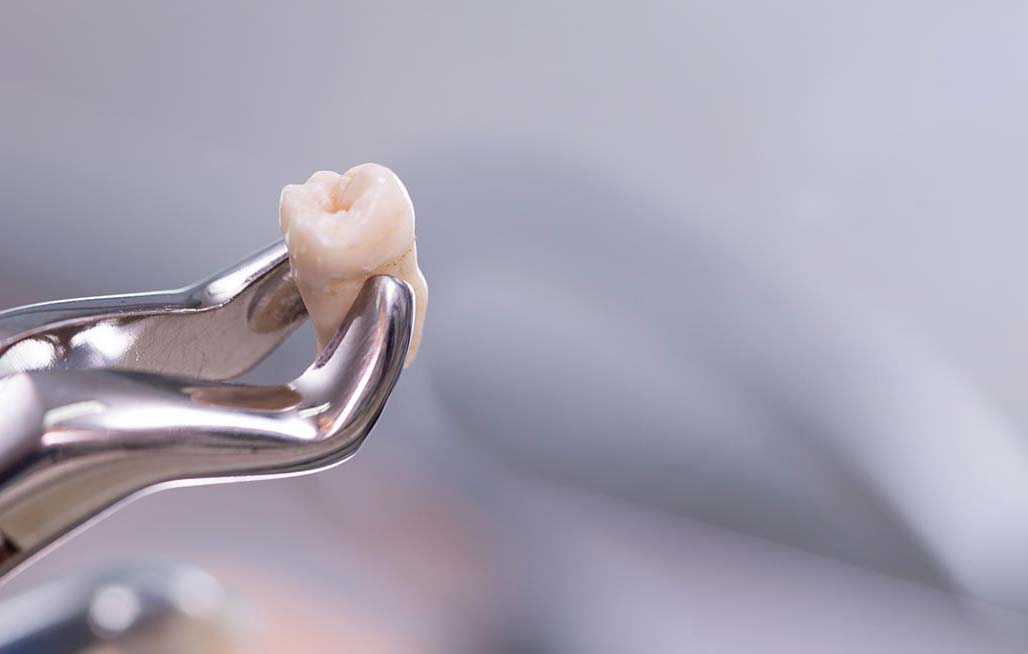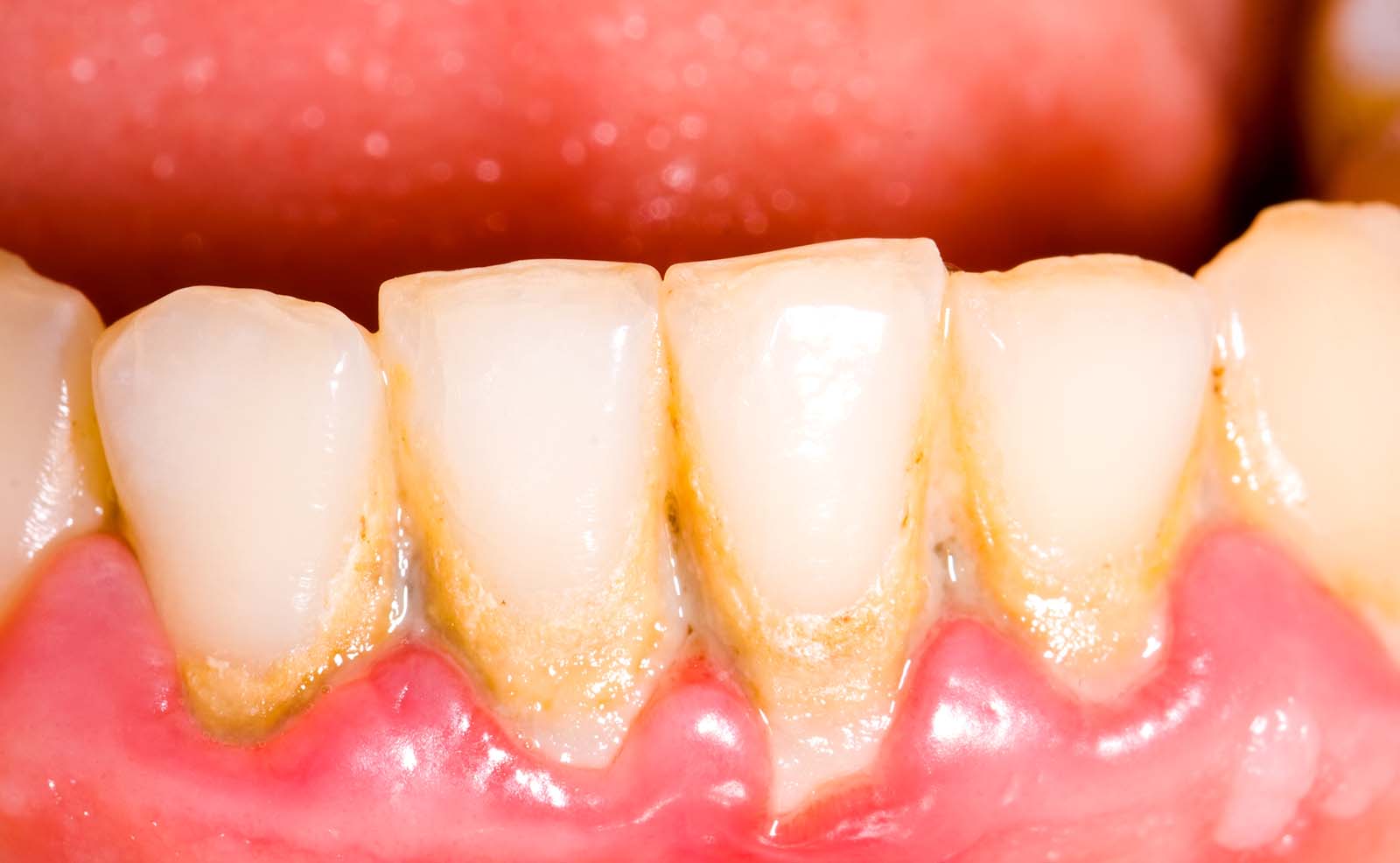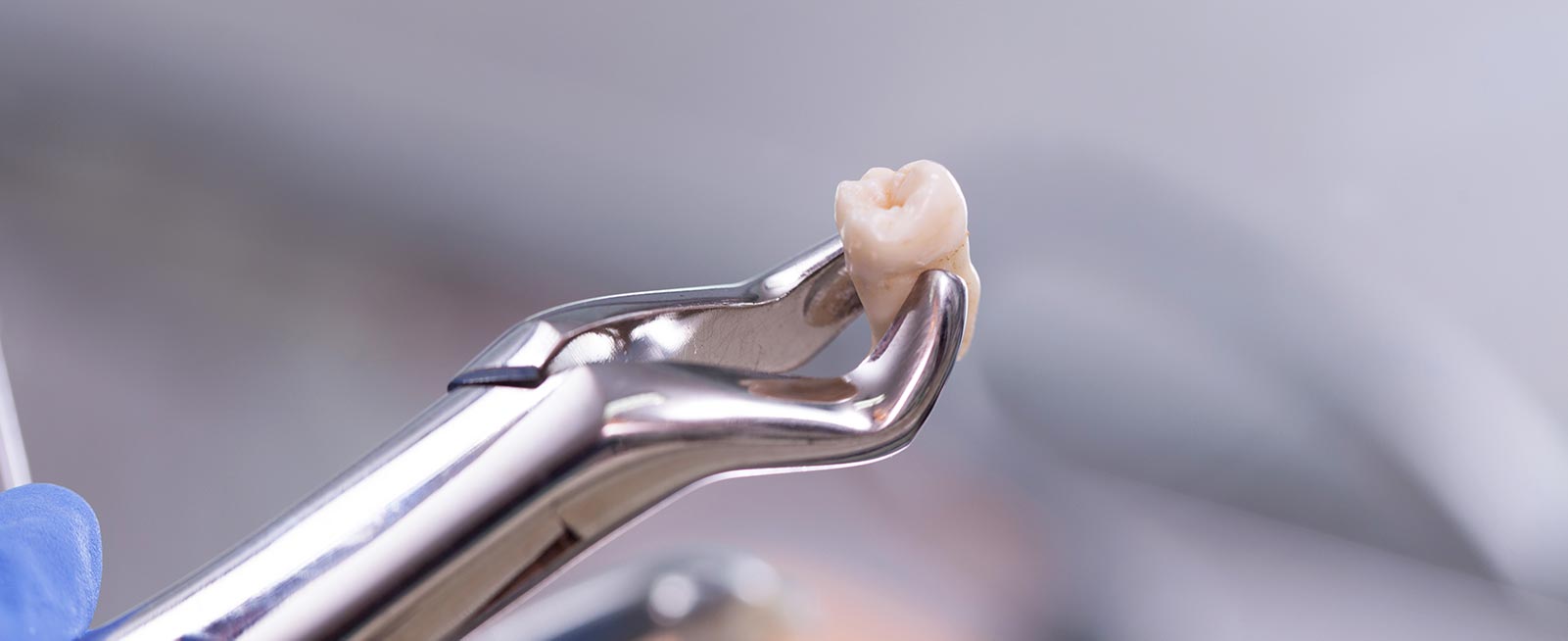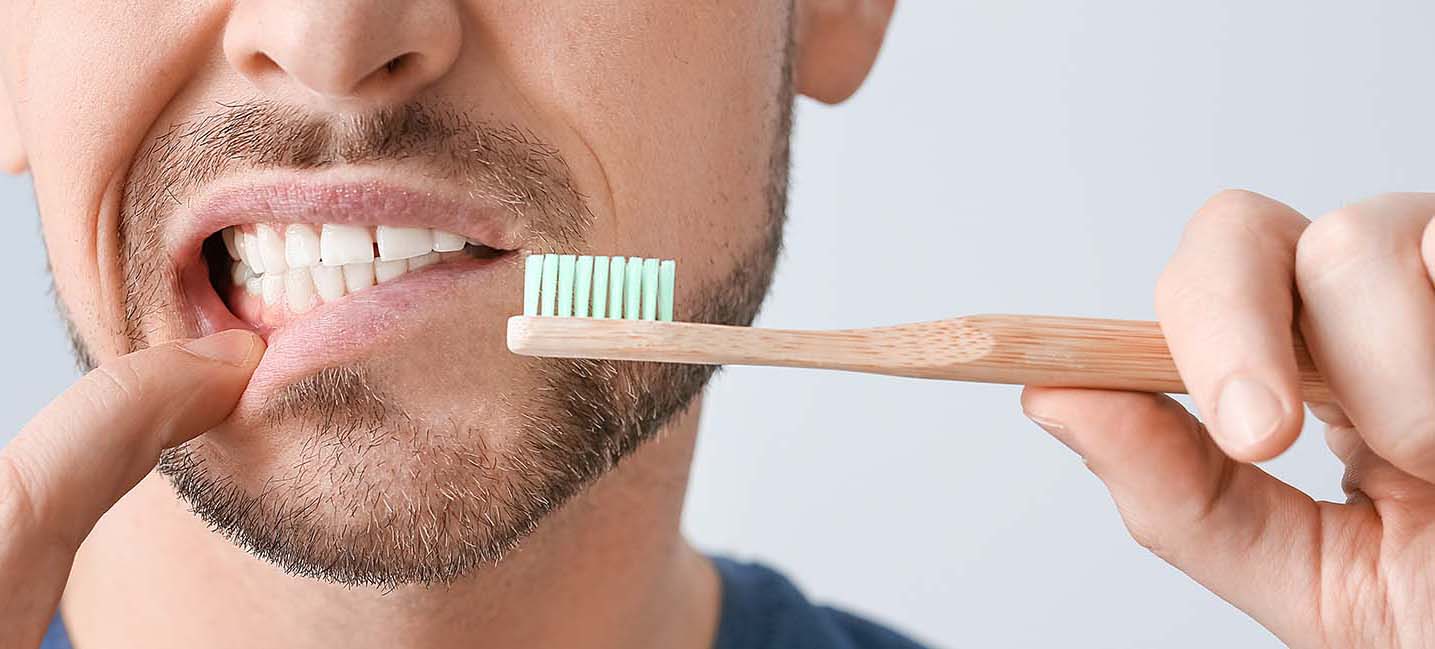We cannot over-emphasize the need for proper oral hygiene to the overall well-being of a person. Teeth give our face its shape, help in speaking and eating. It is essential to ensure they are clean and free from plaque or destructive bacteria.
Many people are conscious of the need for good oral hygiene and brush their teeth regularly. In nearly all appointments to the dentist, questions such as, “Do you floss before or after brushing?”, “why is flossing important to oral hygiene,” and “does flossing work” keep popping up. Flossing is not a favorite of activities, especially when gums are swollen from flossing.
According to a National Health and Nutrition Survey report of 2016 (https://www.usnews.com/news/articles/2016-05-02/how-many-americans-floss-their-teeth ), only about 30% of the population floss their teeth daily. These statistics are worrying compared to the numerous benefits of teeth flossing. Let us dive into what flossing is and the importance of flossing daily.
What is Flossing
Flossing is the act of removing food particles, plaque, and bacteria between and underneath the teeth using a string called dental floss. Dental floss is a thread-like filament made of nylon or silk that can fit between the teeth.
Brushing the teeth reaches three (buccal, occlusal, and lingual) of the five parts of the tooth. Flossing enables you to remove plaque within the mesial and distal areas of the tooth where regular brushing cannot reach. If the plaque is not removed, it hardens to form tartar. This leads to oral diseases such as gingivitis and periodontitis. Tartar also leads to bad mouth odors and inflammations on the gums.
Importance of Flossing Daily
As we have mentioned earlier, brushing your teeth is insufficient in preventing gum disease and tooth loss. How flossing helps you to keep smiling by removing harmful substances from your teeth. The below benefits will convince you of the importance of flossing and answer the question of how often should you floss.
Prevent Diseases
After meals, food particles and plaque gather between the teeth. If not removed, the plaque hardens to form a yellow or brown hard layer between the enamel called tartar. This substance attracts bacteria on the teeth, which produce acids that eat away the enamel leading to cavities or dental caries. Cavities lead to painful holes in the tooth and ultimately tooth loss if left unchecked.
Tartar also leads to inflammation of the gum, causing redness, swelling, and gingivitis. The diseases lead to bleeding or receding gums and teeth or bone losses. Gingivitis may also lead to periodontitis, a severe irreversible gum disease if left unattended.
A study by the American Heart Association (https://newsroom.heart.org/news/poor-oral-health-linked-to-higher-blood-pressure-worse-blood-pressure-control#.WLh5rG8rLIU ) answers the question does flossing strengthen gums and indicates that there is a direct relation between gum diseases and cardiovascular diseases. The gum’s damaged blood vessels cause hypertension, leading to heart attacks, stroke, or heart failure. Gum disease may lead to other chronic illnesses such as Alzheimer’s, memory problems, diabetes, and respiratory conditions such as pneumonia. Another study from China (https://www.perio.org/consumer/gum-disease-lung-cancer-risk ) suggests that periodontal illnesses bring the risk of lung cancer, shedding light on why is flossing so important. Regular flossing plays a big role in preventing gum disease and other associated ailments.
Prevent Bad Breath
People avoid bad breath by brushing daily, gargling mouthwash, and chewing mint gums. However, these are only temporary remedies for a stinky mouth. The strongest pungent smell originates from the tartar between your teeth. If you do not handle the debris trapped between the teeth, no amount of coffee will help. How flossing helps is to eliminate the musty odor and keep your breath fresh at all times.
Prevents Junk Buildup
There is nothing more embarrassing than realizing that you have food stuck in your mouth during important meetings. The nightmare of stuck spinach in interviews or business meetings is so demeaning. However, flossing is the answer to avoid such moments. A quick floss before vital moments could save your day. Nonetheless, even if you do not floss after every meal, flossing twice a day prevents food buildup between your teeth.
Leaves Your Teeth Thoroughly Clean
Brushing helps clean the surfaces of the teeth while flossing aids in washing the hard-to-reach spaces. Combining the two methods helps eliminate harmful bacteria on the surface and in between the teeth.
A clean mouth boosts your confidence in smiling, laughing, and interacting with others. Prioritizing your oral health could help you make lasting impressions, do great in interviews and get more clients.
Dental Implants and Flossing
Tooth decay, cavities, periodontal disease, and injuries are the main reasons for tooth loss. In the quest for teeth replacement, dental implants are a preferred choice compared to dentures and bridgework.
The dental implant is a modern tooth replacement technology that imitates the entire tooth structure. It allows patients to regain full mouth function from biting, chewing, smiling, and speaking. Additionally, dental implants help you to regain your face shape appearance and prevent jawbone loss. Titanium is the primary material used in dental implants due to its ability to integrate with the bone without being recognized.
See Also: Are Dental Implants Necessary?
Is Dental Implant Right for me?
Whereas dental implants offer excellent solutions for tooth loss, they are not suitable for every patient. Healthy gums, mature jawbone, need for implants, and lifestyle habits affect the procedure’s success. Therefore, schedule a consultation with doctors at Southland Dental Care for an informed decision.
Generally, ideal candidates for dental implants exhibit the following:
- Missing tooth or teeth
- Healthy oral tissues
- High rate of cavities
- Dry mouth having denture irritations
- Inability or unwillingness to wear dentures
- Does not smoke tobacco
- Willingness to improve speech
- Commitment to the process
Should you Floss Dental Implants
Like natural teeth, dental implants require proper care, including brushing, regular dental checks, rinsing with antibacterial mouthwash, and flossing. However, flossing around implants is tricky and requires extra care and great technique to avoid implant failures.
Naturally, teeth are attached firmly to the gum by the periodontal ligament. When pushed to the limit, the ligament containing nerve endings sends pain signals to the brain, leading to a halt. This natural defense mechanism avoids damage to the gum during flossing.
In dental implants, the peri-implant seal helps to attach the teeth to the gum. The artificial seal is thin and lacks no nerve endings. Consequently, it is not easy to tell when the flossing becomes too much, and you need to stop. The aftermath damages the seal, which attracts bacteria into the jawbone. Recall that the success of the implant relies on the fusion between the bone and the dental implant. Compromising the jawbone leads to implant failure.
Plaque on dental implants leads to weak enamel of adjacent teeth and cavities. Moreover, it causes swollen gums and bleeding gums, leading to gum disease. Sometimes even with regular brushing, it is not possible to remove the plaque. This is the reason flossing around implants is vital.
How do You Floss Around Dental Implants
Dental implants require you to use a floss threader for effective cleaning of your teeth. The floss threader has a stiff edge on one end and a thread loop on the other. As such, it allows you to thread around 18 inches through the loop. Here is a procedure on how to floss correctly.
- Wind most of the floss around the middle fingers and leave about two inches to work with.
- Use the index finger and the thumb to hold the floss tightly
- Hug the implant using a C shape with the floss
- Gently move the floss between the implants
- Scuff the teeth up and down to remove plaque on dental implants.
- Use the down-up motion to floss up and away from the teeth
- Ensure that you gently floss beneath the prosthetic teeth along the gum line
- Do not forget to floss sides of teeth with missing neighbors
- Release the floss from one hand to gently remove it once you finish.
During flossing of dental implants, be as gentle as possible. Do not attempt to snap the floss between your teeth, as this will damage the peri-implant seal. Be keen to ensure you do not floss down deeply to avoid breaking the implant seal. Remember that gentleness is the only secret when flossing dental implants for longevity and fresh breath.
Oral Irrigation
Are water flossers good for implants? The answer is an overwhelming yes. The dental water jets, oral irrigators or Waterpik, apply pressurized pulsating water to remove plaque, food particles, and bacteria between teeth. Water flossing is effective in the removal of food debris along the gum line and between the teeth. The advantage of this technique is that flossing around the dental implants leaves no damage whatsoever.
What is the Best Way to Clean Dental Implants
Although flossing is an effective way of cleaning dental implants, you cannot use it solely. Combining flossing with other dental care methods helps to ensure the longevity of the implants. Here are the best practices to clean your implants.
Brushing
Brushing using recommended toothpaste at least twice a day helps clean the dental implant and other teeth. Brushing is an essential routine to follow when you wake up, after meals, and before bed. Brushing in the morning removes all bacteria buildup overnight. Brushing after meals helps to remove food particles and bacteria from your teeth. Finally, brushing at night reduces bacteria buildup and tooth decay when you are sleeping.
When brushing your teeth, do not apply so much pressure to reduce the chances of gum receding. Gently brush your teeth at a 45-degree angle of the gum and teeth surfaces. Using a sulcus brush, gently clean the area separating the bridge and the gums. You may choose the electric brush over a manual toothbrush based on its effectiveness in removing bacteria from the teeth.
Using Appropriate Products
There are many dental products in the stores, but not all will do well with dental implants. When selecting a toothbrush, choose only soft-bristled brushes for cleaning dental implants. A hard-bristled toothbrush may weaken the implant or damage the gum around it. An interdental brush is more appropriate for the tiny spaces between the teeth. Toothpaste with abrasive agents such as baking soda removes the glare from implants. It is for this reason dentists recommend the use of gentle toothpaste for your dental implants.
Flossing Appropriately
Flossing after brushing with toothpaste residue allows you to diffuse the fluoride to all parts of the implant. This action helps to prevent the unwanted growth of bacteria. The rubber tip in water flossers helps reach sensitive gums and sheds off particles that lead to peri-implantitis. When using the water flossers, maintain low or medium settings to avoid the separation of tissues from the implant.
How to Floss with Braces
Many people with braces imagine that flossing is difficult due to the archwire on the way. However, there are several ways to go about it, and it becomes easier and comfortable with everyday practice.
Using the Traditional Floss
The first thing is to direct the floss under the archwire by watching yourself before a mirror. Sometimes it can be difficult as gums are in the way, making the floss bend, making it impossible to get the floss under the archwire.
The floss threader is an alternative way to direct the floss under the braces. The threader mimics a plastic needle where you pass a piece of floss through it and use it to direct floss under the archwire. It is good practice to direct the floss threader away from the gums to avoid poking your gums.
Once the floss is beneath the archwire, begin flossing by gently pushing the floss between two teeth. Wrap the floss around one tooth in the shape of letter C. Gently move the floss up and down. Clean under the gums to remove trapped bacteria and food particles.
After you are through with one side of the tooth, repeat the same for the neighboring tooth. Remove the floss under the archwire and continue to the next two teeth. Work your way around your mouth till all sides of your teeth are clean.
Using Platypus Orthodontic Flosser
The platypus orthodontic flosser is designed with a fuzzy end and a narrow side for easy access to the gums. The round ending helps to go between the brackets. The buckle on the other end has a square shape to go between teeth on the lingual. If the flosser is thick to pass through the braces, use a fingernail clipper and clip the excess off.
During use, take the rounded side and gently slide it under the braces. Once inside, floss gently on the sides of the teeth. Repeat for other teeth until you work around your entire mouth. The fuzzy end helps to remove plaque around the braces or between the teeth.
How to Floss with Permanent Retainer
The retainer is a small wire glued at the back of your front teeth on an individual tooth or the end teeth only. Flossing through the retainers can be tricky, but it is an easy thing to do with practice. There are two techniques to go about flossing the retainers.
The Slide Method
In this technique, the aim is to slide the floss threader from the front and beneath the retainer. Once the floss is under the retainer, keep flossing till you finish the entire region covered by the retainer. However, if the retainer is glued to each tooth, you must keep pulling out after every tooth floss.
The Backward Technique
The aim here is to push the floss threader underneath the retainer from behind the teeth. This method is more friendly than the slide technique since it is difficult to jab your gums. Once the floss is beneath the retainer, keep flossing until all the teeth are clean.
When to Start Flossing Kids Teeth
Normally, we start teaching kids to brush their teeth after multiple baby teeth. The habit helps to keep the teeth clean and free from harmful bacteria. However, when it comes to flossing, the ideal time to start is once the teeth begin to fit closely together. Typically, this happens between the ages of two and six years. Visit Southland Dental Care for guidance if you have no clue on how to go about children flossing.
Why Do My Gums Bleed When I Floss
It is normal for the gums to bleed at the beginning of the flossing habit. However, the bleeding should stop after several days of regular flossing. It may also indicate that you are too rough with your flossing, and you need to reduce the pressure.
The deficiency of vitamin C in your diet could result in bleeding gums. Therefore, ensure you have a balanced diet with sufficient fruits to remedy the problem. In other cases, bleeding is an indicator of gum diseases such as gingivitis. Seek medical treatment to correct the issue before it escalates to periodontitis.
Is a Waterpik Better than Flossing
The Waterpik or oral irrigator helps to remove plaque between the teeth. Whereas the method helps to reduce bleeding gums, it is not a substitute for regular brushing and does not replace the importance of flossing.
Conclusion
Flossing is an integral component of oral hygiene to ensure cleanliness between the teeth. It is never too late to start flossing, and it should not be a painful experience. If your pain persists for more than a week or you need clarification about flossing, contact Southland Dental Care for treatment.












